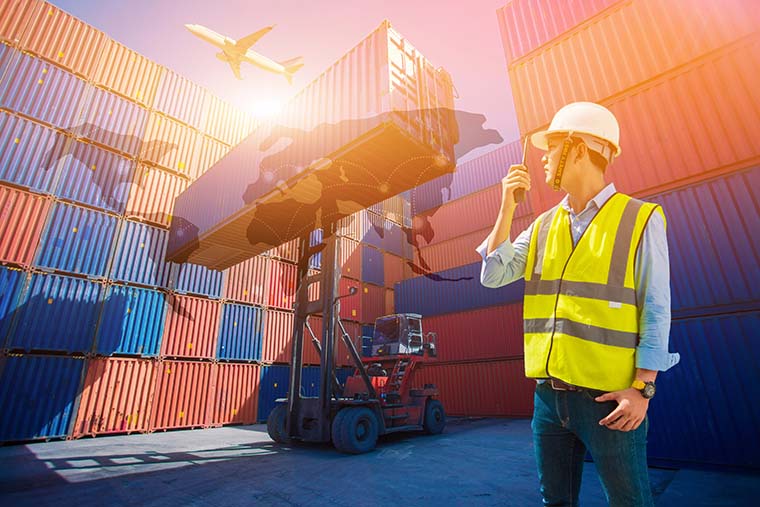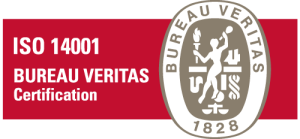Logistics professionals are very familiar with the concept of customs. However, if you are new to this sector, you may have doubts about the function of a customs office. We explain it to you in the following lines, focusing on the most important thing: its function, elementary during the logistic process of any merchandise that has to cross a border to reach its destination.
What is a customs office and what is its function?
A customs office is a government entity in charge of regulating the flow of goods, merchandise and people entering or leaving the country. Its main function is to ensure compliance with trade, customs and tax laws and regulations. This involves inspecting goods for prohibited or dutiable products, as well as verifying documents and collecting duties. Customs is also key to the prevention of smuggling, commercial fraud and the protection of national security and public health.
How is the work carried out in a customs office?
In a customs office, when a package of goods arrives, operators perform a number of crucial functions:
- First, they thoroughly examine each item to verify compliance with legal requirements and to avoid prohibited products such as weapons or drugs.
- They then review import and export documents to ensure tax payment and regulatory compliance. If they find discrepancies or suspicions, they may conduct more detailed inspections, using technology such as X-ray scanners or dogs trained to detect drugs or illegal substances.
- The operators are also responsible for determining the quantity and value of the goods in order to calculate the appropriate tariffs.
- Finally, they apply the corresponding measures according to customs regulations, which may include the confiscation of illegal goods or the levying of fines.
Types of customs
As detailed above, customs play a crucial role in regulating international trade and border management. And, in order to perform their work optimally, they are classified according to their location and the function they perform, resulting in three different types of customs.
Border Customs
They are located on the borders between two countries. Border customs are the first point of control for goods entering or leaving the country. Their main function is to ensure that goods comply with established customs rules and regulations. Customs agents examine documentation and conduct physical inspections to ensure that no prohibited products or products that do not comply with legal requirements are brought in. They also collect customs duties and enforce security measures to prevent smuggling and protect national security.
For example, Spain has several border customs offices, mainly maritime, such as Algeciras, which is mainly responsible for checking trade with Morocco. Barcelona, Malaga, Valencia and Madrid are other customs points that control international merchandise, with Barcelona standing out as the only customs office in Spain that operates by land, sea and air.
Inland Customs
These customs offices are located within the national territory and regulate the flow of goods between different regions or provinces of the country. Although their main function is similar to that of border customs, their focus is on the control of internal trade. In addition to verifying compliance with customs regulations, these customs offices may occasionally act as tax collectors, collecting duties or taxes on goods entering or leaving certain areas within the country.
In Spain, it is also easy to find several examples of inland customs offices, the most important being the maritime customs offices of Las Palmas de Gran Canaria and Santa Cruz de Tenerife, which control the goods traded between mainland Spain and the Canary Islands.
Special Customs
These customs offices operate in zones designated as free trade zones or free ports, where special tax and customs benefits are offered to encourage investment and trade. Their main function is to control the flow of goods entering or leaving these zones, ensuring compliance with customs regulations and guaranteeing that tax benefits are used appropriately. In addition to facilitating international trade, special customs can also play an important role in attracting foreign investment and economic development in the region.
In summary, customs play a key role in the regulation of international trade and border management, and are classified according to their location and the functions they perform.




